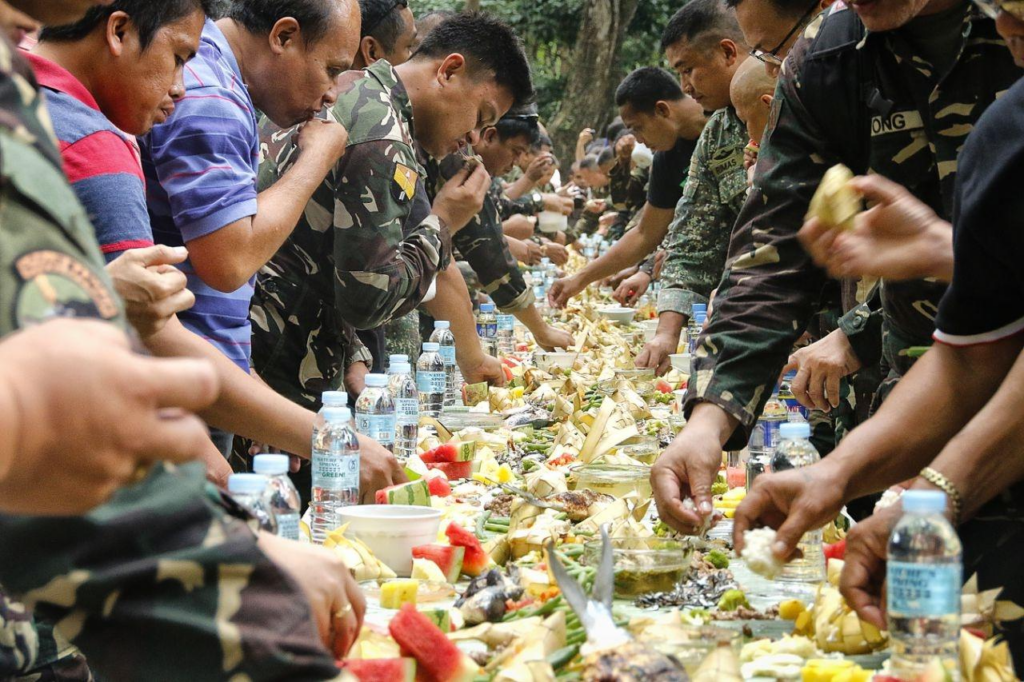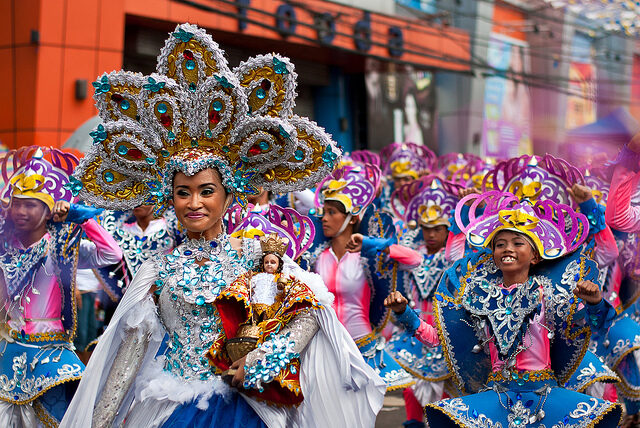I am someone who wasn’t born within the United States. I was actually born in the Philippines but only grew up there for 3 years and lived the rest of my life in the United States when I moved here at that age. Being born in the Philippines I obviously spoke my native language known as Bisaya. However, when I moved here at that age not even knowing that this was going to be the place where I would live most of my life I never knew that I was going to struggle with finding my identity as my own individual. As someone among many other people who can relate, I struggled throughout most of my life trying to find out who I really was based on the culture that I was living off in the United States to my Native culture back in the Philippines.

When I started my transition moving from the Philippines to the United States I often found myself looking back to those first 3 years that I spent growing up in the Philippines and reflecting off of who I was during that time. I still find it interesting how different it was growing up there compared to the change in usual routine when I moved to the U.S. Obviously during my early years in the Philippines I spoke Bisaya, that was the language that I primarily started learning. Philippines culture is something that differs greatly when compared to the culture here within the United States. For example in the Philippines it is completely normal to not use utensils when eating food, usually with us Filipinos we just eat with our hands. In the Philippines it is also quite normal to be eating at the dinner table and have your leg up on the chair, sitting legs crossed in the chair, sitting in ways that wouldn’t be considered as “proper,” at the dinner table. It was things like this that would start confusing me as a kid when I first came to the United States since tendencies like this at the dinner table would be considered as “disrespectful,” or you would be judged and viewed as someone who grew up without being taught proper manners. But obviously through the eyes of people that grew up in the Philippines would find this as completely normal and in no way shape or form looked upon as disrespectful.

Speaking of the difference in the culture between the United States it definitely took some time for me to adjust to things. Especially when it comes to the language, it was a big obstacle for me to overcome. Trying to learn English I was often made fun of because at the time I had a very strong accent or what some kids would refer to as the “fresh off the boat accent.” It was hard as a student during that time because of the language barrier not just when it came to my fellow peers but also for my education when it came to trying to listen and understand what the teachers were saying and trying to communicate and participate during class. Although I received extra help from my teachers at the time whenever I would instead of it giving me confidence it only made me feel more outta place. I feel like the other kids would be looking at me judging me and wondering why I didn’t know how to speak English or making fun of me as well. No matter how hard I tried or whatever I tried to do I still couldn’t manage to “fit in,” at the time with other students. I would be so excited to go home because for me it was just a place where I could feel comfortable with myself. It was my safe place during these times. With everything going on in school I would be scared to go and disliked school for the first few years of my life in the United States.

Ironically once I started feeling more and more comfortable with the American language and what it is to be an “American,” I felt uncomfortable with myself and more importantly who/how I was developing as a person. Now you might be wondering why? Isn’t this what you always wanted? To finally fit in and not worry about what others are thinking about you or being judged as being too “different,”? Well yes there is some truth to these statements but only to a certain degree and that is because it would be at this point within my life that I would start to question who I was as…well me. From learning more about American culture I would start to see differences from how I used to do things at home compared to my early years in school. From using my hands to eat my food to using proper utensils because the other kids would find it as weird or disgusting. I stopped eating like “my people,” because I started viewing it as weird and disrespectful. Eventually it got to the point where I even forgot how to speak my own language, English became my primary language (although I was still able to understand my language I was just not able to speak it anymore) This ended up creating more problems for me because my family in the Philippines would start saying that they are “disappointed,” in me for forgetting to speak my own language and that they had noticed I was “forgetting,” who I really was. I didn’t know what to do anymore. I was just so confused on what I should focus on, I felt like I had to focus on adapting to the American lifestyle and culture in order to fit in and for the sake of my future but at the same time it was my family that I was worried about. The people that have been there for most of my life, I didn’t just want to steer away from them.
But it would be at the worst stage of my identity crisis where I would find the solution to this problem. All this time I was so focused on being the person that other people would try to mold for me whether that be the people that fall in line when it came to my academics or my own family. It was during this time that I had learned and came to the understanding that it’s okay to be different and that most importantly “it’s okay to just be you.” The world needs different and it wouldn’t strive if everyone was just the same exact copy of one another. At the end of the day what I learned was that it doesn’t matter if people make fun of you, I have made friends that support me and are there for me no matter the person that I turn out to be. This world will always have some form of hate for you and life will push you down multiple times. But it isn’t about how many times you get tossed down, but whether or not you choose to get up. When it came to my family I helped them understand that although yes I may have forgotten to speak my own language and have forgotten some of my ways I will never forget my culture, forget my people, and most importantly forget my family. Sometimes you have to accept life for what it is and be thankful for what it has given you from good to bad because at the end of the day you wouldn’t be who you are without those struggles.



